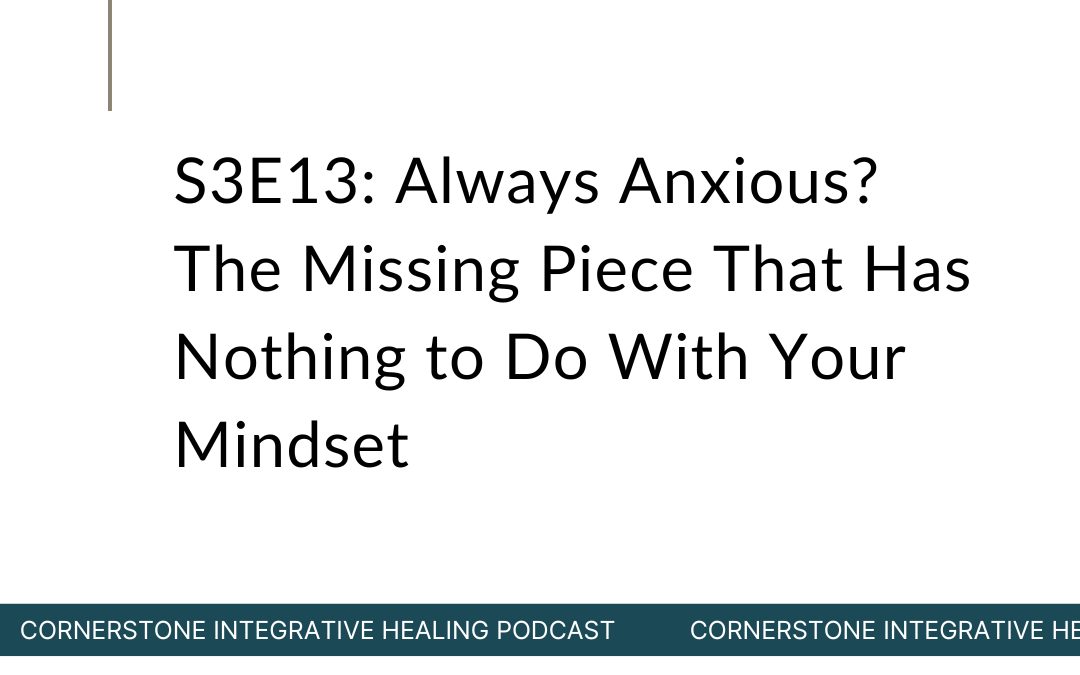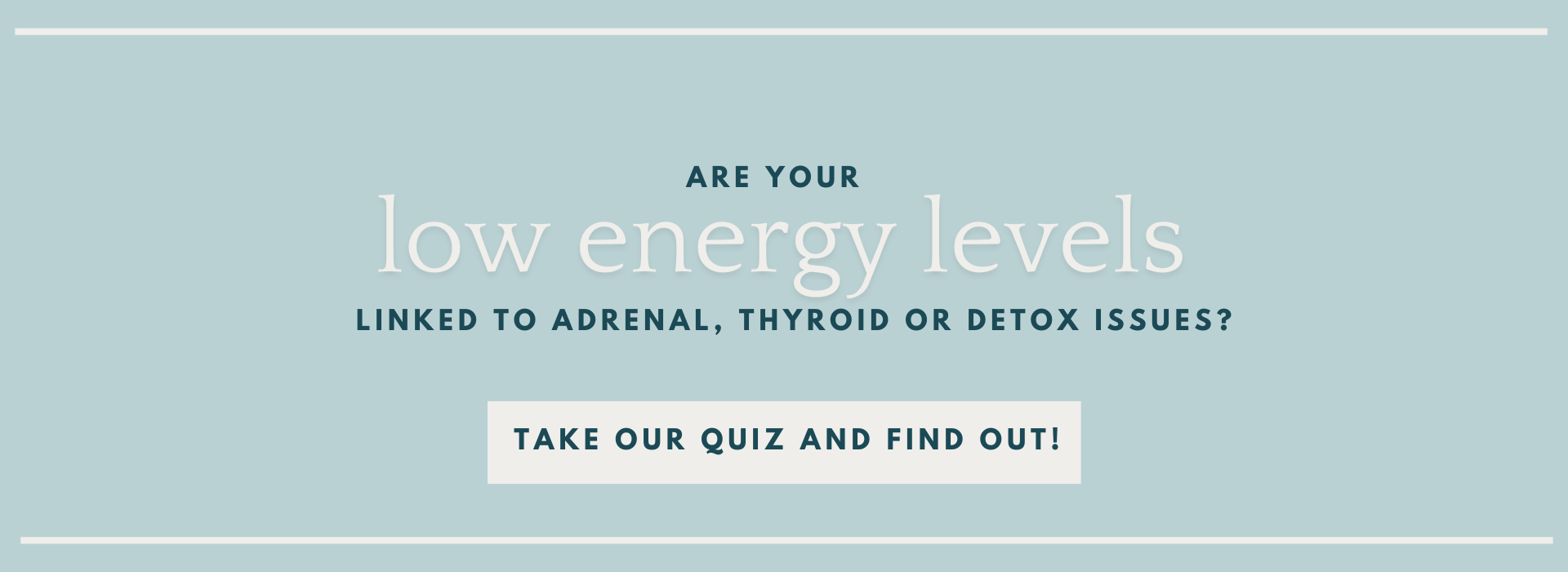Anxiety is a widespread issue, affecting nearly 70% of people who seek medical advice, with many being prescribed medication to manage their symptoms. But what if there’s a missing piece to the puzzle? One that’s often overlooked—blood sugar balance.
Blood Sugar and Anxiety: The Connection
When blood sugar drops, the body perceives it as a threat, triggering a stress response that releases cortisol, the body’s primary stress hormone. This response can lead to symptoms that mimic anxiety—racing thoughts, rapid heartbeat, and irritability. Over time, if blood sugar remains unstable, the body stays stuck in this high-stress state, making anxiety worse.
Do you struggle with fatigue? Take our quiz and find out where your low energy may be coming from!
Top Factors That Affect Blood Sugar and Contribute to Anxiety
- Mineral and Vitamin Deficiencies
Minerals like sodium, potassium, and magnesium play a critical role in maintaining stable blood sugar. Without adequate minerals, the body struggles to regulate energy, leaving you feeling stressed and anxious. Supplementing with balanced electrolytes (like Relight) and focusing on nutrient-dense foods can help. - Food Sensitivities and Inflammation
Chronic inflammation caused by food sensitivities (especially to wheat, dairy, soy, eggs, and corn) can increase cortisol and disrupt blood sugar balance. Temporarily eliminating these foods can significantly reduce inflammation and ease anxiety while giving the gut time to heal. - Poor Sleep and Its Impact on Blood Sugar
Sleep deprivation raises ghrelin (your hunger hormone) and lowers leptin (your fullness hormone), increasing cravings for quick energy sources like carbs. This leads to blood sugar spikes and crashes, further fueling anxiety. Prioritizing quality sleep and maintaining a healthy circadian rhythm can help break this cycle. - Caffeine and the Cortisol Spike
While that morning cup of coffee may seem essential, caffeine stimulates cortisol release, causing blood sugar to spike and eventually crash. For those prone to anxiety, cutting back on caffeine or opting for lower-caffeine alternatives can make a big difference.
The vicious cycle of poor sleep, increased stress, and blood sugar imbalance can leave you feeling stuck. But by addressing these underlying factors—balancing minerals, removing inflammatory foods, improving sleep, and reducing caffeine—you can stabilize blood sugar, reduce cortisol, and ultimately calm anxiety.
If anxiety has been a persistent challenge, looking at blood sugar may be the missing piece you’ve been searching for. Small, intentional changes can have a profound impact on your physical and emotional well-being.


